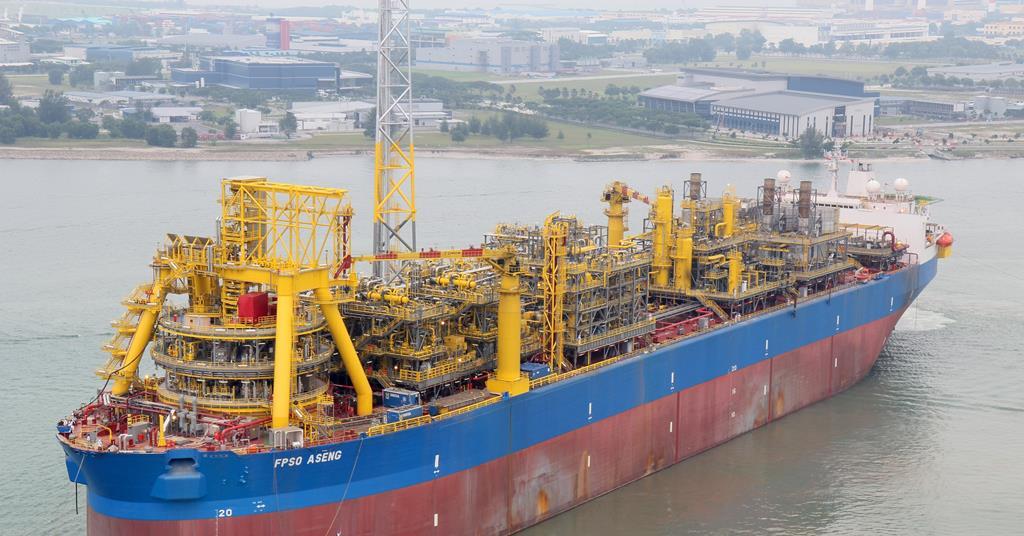
Why FPSOs Rely on Modern DCS for Safe and Efficient Operations
Floating Production Storage and Offloading (FPSO) units are the backbone of offshore oil and gas production. Operating in remote and challenging environments, FPSOs require maximum reliability, efficiency, and safety to deliver continuous production.
At the core of this lies the Distributed Control System (DCS)—a technology that provides operators with full visibility and control of critical offshore processes. For today’s FPSO owners and consultants, a modern DCS for FPSO operations is no longer optional—it’s essential.
1. The Role of DCS in Offshore Operations
A DCS is the “central nervous system” of an FPSO, responsible for:
-
Monitoring and controlling oil & gas separation
-
Managing produced water treatment and gas compression
-
Supervising power generation and utility systems
-
Ensuring smooth integration between process units
With a modern DCS, operators gain real-time visibility, predictive insights, and safer control, even under harsh offshore conditions.
2. Why FPSOs Need Modernization
Many FPSOs still run on legacy DCS platforms. While they may still function, the risks are significant:
-
Obsolescence: Aging systems mean spare parts and vendor support are harder to find.
-
Cybersecurity vulnerabilities: Offshore assets are prime targets for attacks.
-
Higher downtime risk: Outdated control logic and hardware failures reduce uptime.
Upgrading to a modern DCS for FPSO units not only reduces these risks but also improves operational efficiency and compliance with global safety standards such as IEC 61511.
3. DCS Integration with ICSS and ESD
A standalone DCS is powerful, but the real advantage comes from its integration within an Integrated Control and Safety System (ICSS). This setup connects the DCS with:
-
Emergency Shutdown System (ESD): Provides fast and reliable isolation during critical events.
-
Fire & Gas System (FGS): Detects hazards and initiates protective measures.
-
Advanced Process Control (APC): Optimizes performance and minimizes flaring or downtime.
Together, this integration ensures FPSOs maintain both safe operations and optimized production.
4. Key Benefits for FPSO Operators and Consultants
✔ Improved safety with faster response to critical events
✔ Increased uptime through predictive maintenance and early fault detection
✔ Reduced lifecycle costs by extending equipment reliability
✔ Future readiness with scalable systems that support digital transformation initiatives
5. Choosing the Right System Integrator
A modern DCS is only as good as the team that designs, implements, and supports it. The right system integrator in Malaysia ensures:
-
Tailored engineering for FPSO-specific challenges
-
Seamless integration of DCS, ICSS, and ESD
-
End-to-end lifecycle support, from design to commissioning and upgrades
With proven expertise in offshore control systems, we help FPSO operators and consultants achieve safer, more efficient, and more reliable production.
Conclusion
A modern DCS for FPSO operations is an investment in safety, reliability, and long-term efficiency. For offshore operators and consultants, upgrading control systems is not just about technology—it’s about securing the future of offshore production.
👉 Looking to modernize or optimize your FPSO’s DCS system? Get in touch with us today and let’s discuss how we can support your offshore operations.
Keywords: DCS, ICSS, Platform
Contact: +6017-347 5015 (Faiq:Head of DCS Team)
